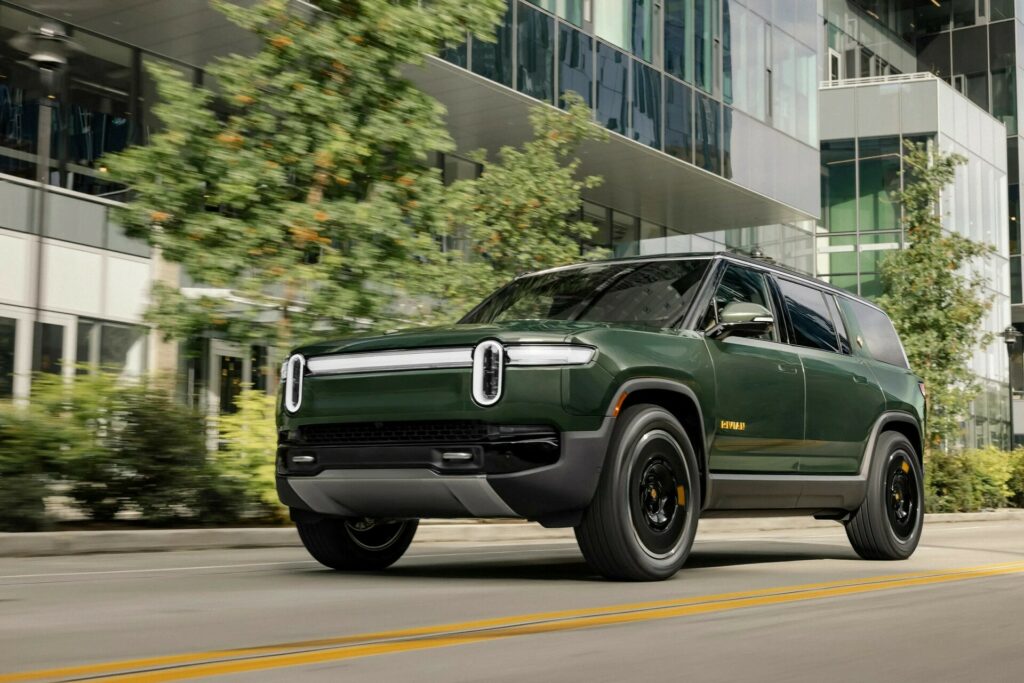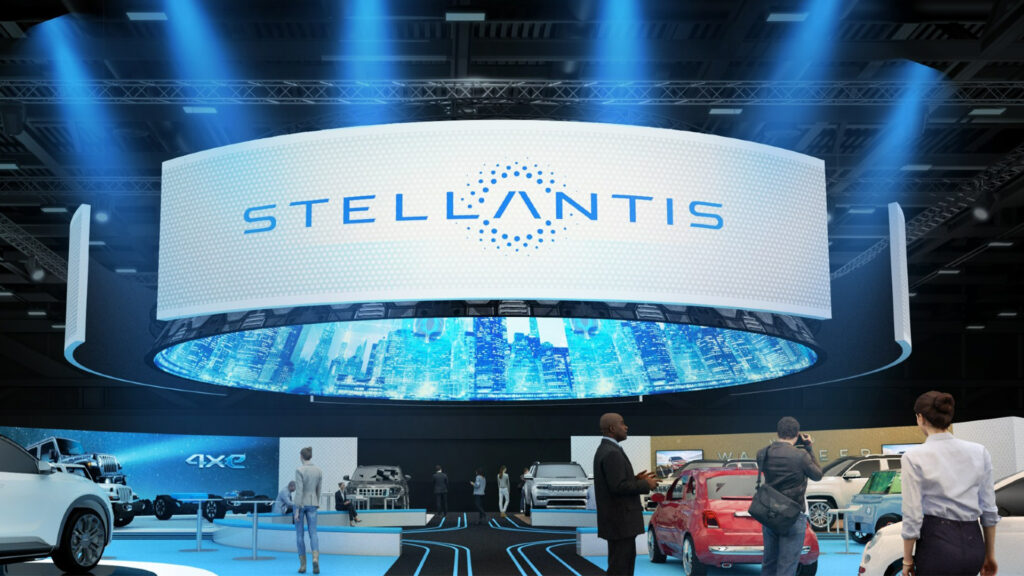- Stellantis will introduce 25 new EVs in the U.S. by 2030.
- Tim Fallon’s departure from Rivian comes before it begins producing the smaller R2 and R3 models.
- Before working at Rivian, Fallon held various positions at Nissan over a 16-year period.
Stellantis has recruited Rivian’s former head of manufacturing to lead its own manufacturing operations in North America from September 2.
Tim Fallon has spent the last two years at Rivian and recently oversaw an extensive overhaul at the electric automaker’s plant in Normal, Illinois, that will simplify production and cut costs. Prior to joining Rivian, Fallon worked at Nissan for more than 16 years in various positions, including vice president of Manufacturing Canton.
Read: Stellantis Shareholders File Lawsuit Amid Cratering Profits
Rivian has appointed the head of logistics Carlo Materazzo to oversee production in the interim. Funnily enough, Materazzo is a former Stellantis executive.
Over at Stellantis, the outgoing head of North America Manufacturing, Mike Resha, will assume global responsibility for Injection and Stamping Operations at the firm.
“Tim brings his relentless pursuit of operational excellence and strong track record of manufacturing experience, including electric vehicle production, to Stellantis as we enter this critical stage of our transformation,” Stellantis North America chief operating officer Carlos Zarlenga said. “With this year marking the start of our electric vehicle offensive, I have full confidence that Tim’s passion and collaborative spirit will lead the team to deliver the highest quality vehicles for our customers.”

Recruiting someone with extensive EV experience will help Stellantis with the electrification of its range. The marque plans to introduce 25 electric vehicles in the U.S. by 2030.
The timing is not so good for Rivian. The company only recently introduced updated versions of the R1S and R1T and continues to ready the smaller R2 and R3 models for production. In May, Rivian received an $827 million incentive package from Illinois’ Department of Commerce & Economic Opportunity that will allow it to build the R2 at its Normal plant, despite originally intending on producing it at its site in Georgia.




